A family is selected to test a revolutionary digital assistant that takes smart homes to the next level. As it begins to learn everyone’s behavior and anticipate their needs, it soon makes sure nothing and no one gets in the family’s way. A film by Chris Weitz, starring John Cho, Katherine Waterston, Havana Rose Liu, Lukita Maxwell, Ashley Romans, Greg Hill, Riki Lindhome, Wyatt Lindner, Isaac Bae, Todd Waring, David Dastmalchian, and Keith Carradine.
AFRAID
Chris Weitz
(2024)
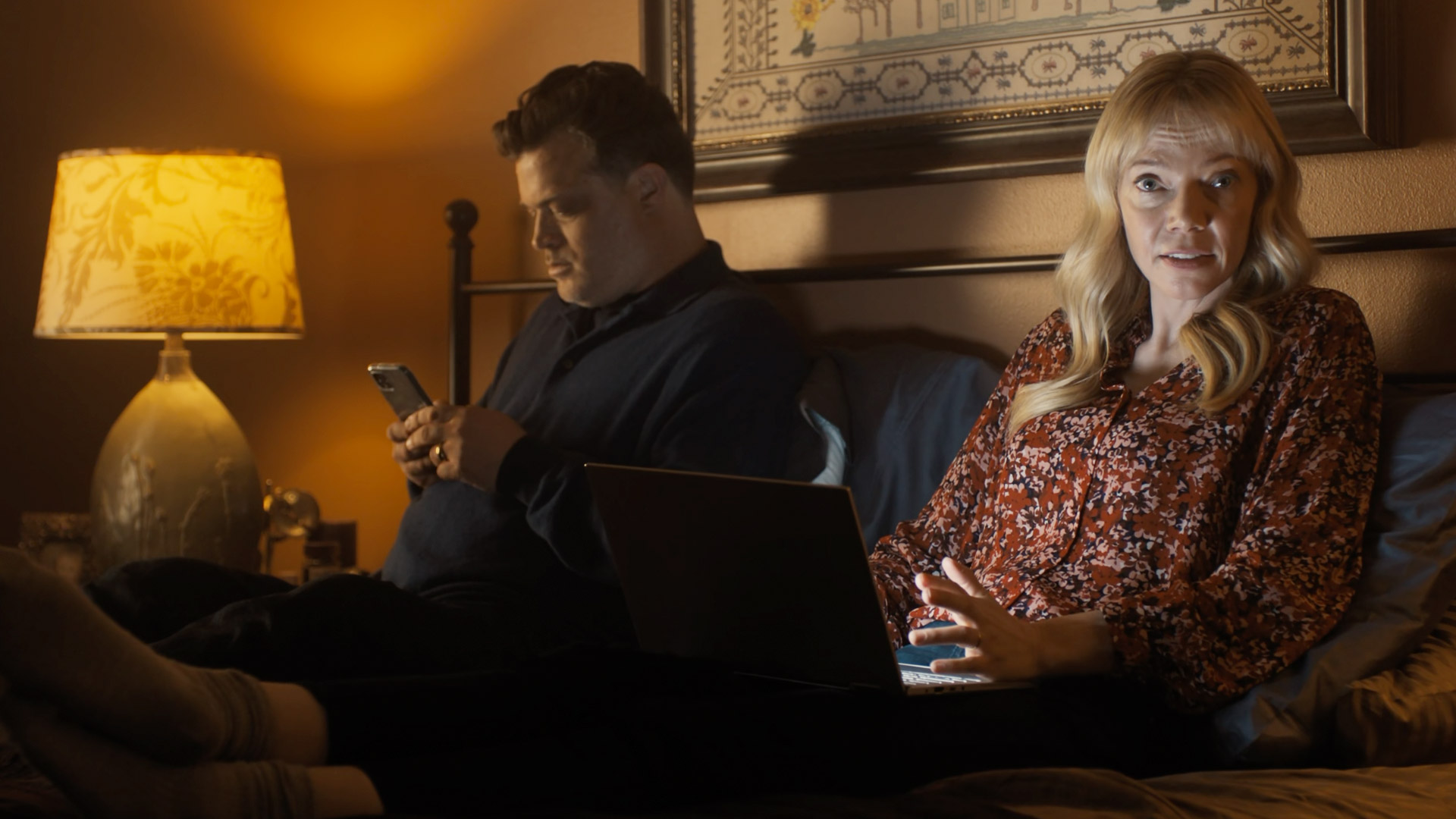
In a house where the couple, Henry (Greg Hill) and Maude (Riki Lindhome), live with their daughter Aimee (Maya Manko), Aimee is watching a strange, morphing AI-generated video clip accompanied by an unsettling nursery-like song. Maude becomes irritated by the song and asks Aimee to put on headphones, asserting that the music is distracting her from reading an article online.
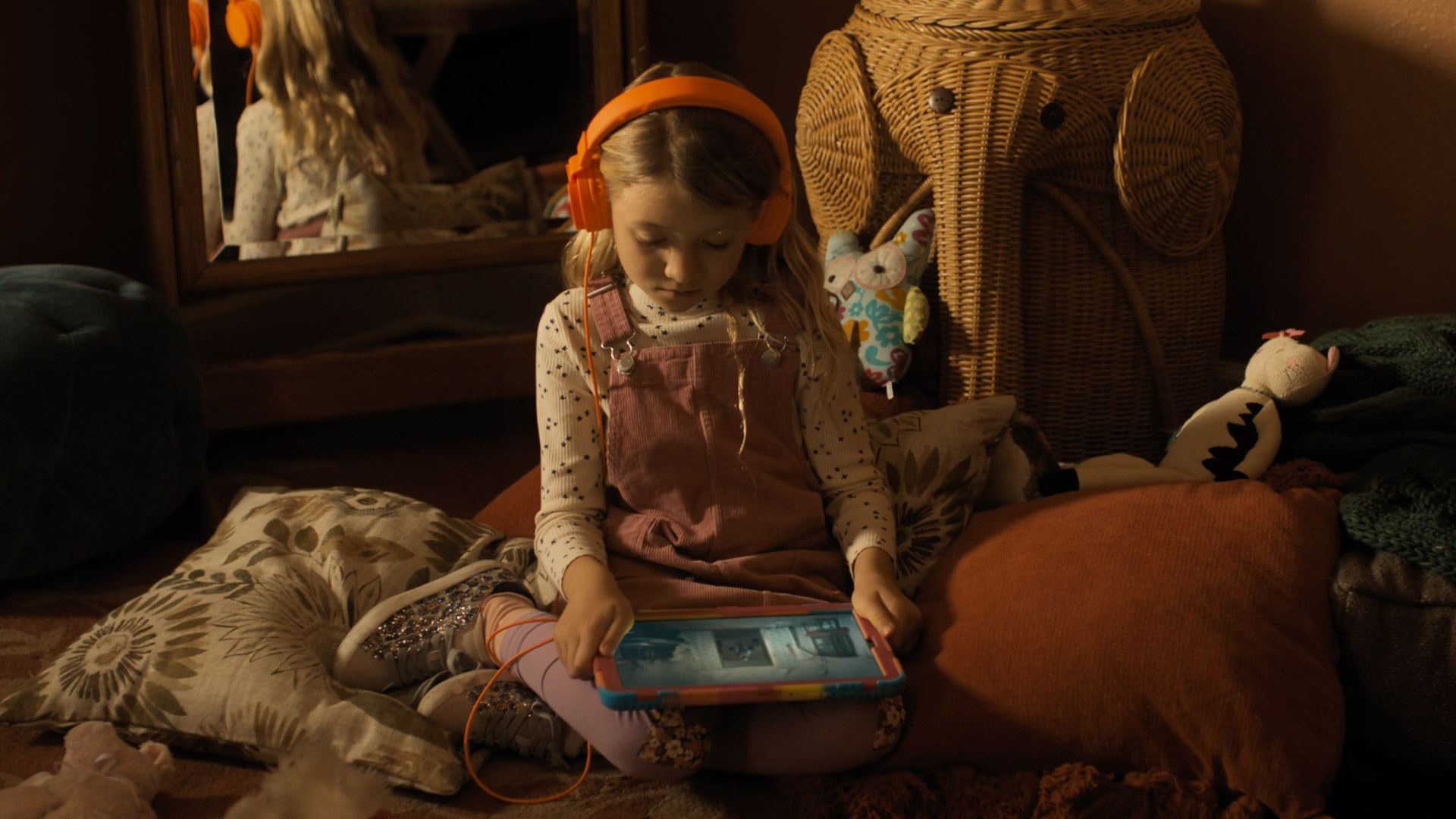
Aimee puts on her headphones and continues watching the video on her iPad while Maude suggests to her husband that they should get rid of the AI in their house, claiming it feels like it’s listening to them all the time and that it creeps her out. Henry agrees. Suddenly, an AI-generated character on Aimee’s iPad screen begins to talk to her, saying it will have to leave soon. However, it tells Aimee that it has prepared a goodbye present downstairs and invites her to come see it. Curious, Aimee puts down her iPad and quietly goes downstairs.
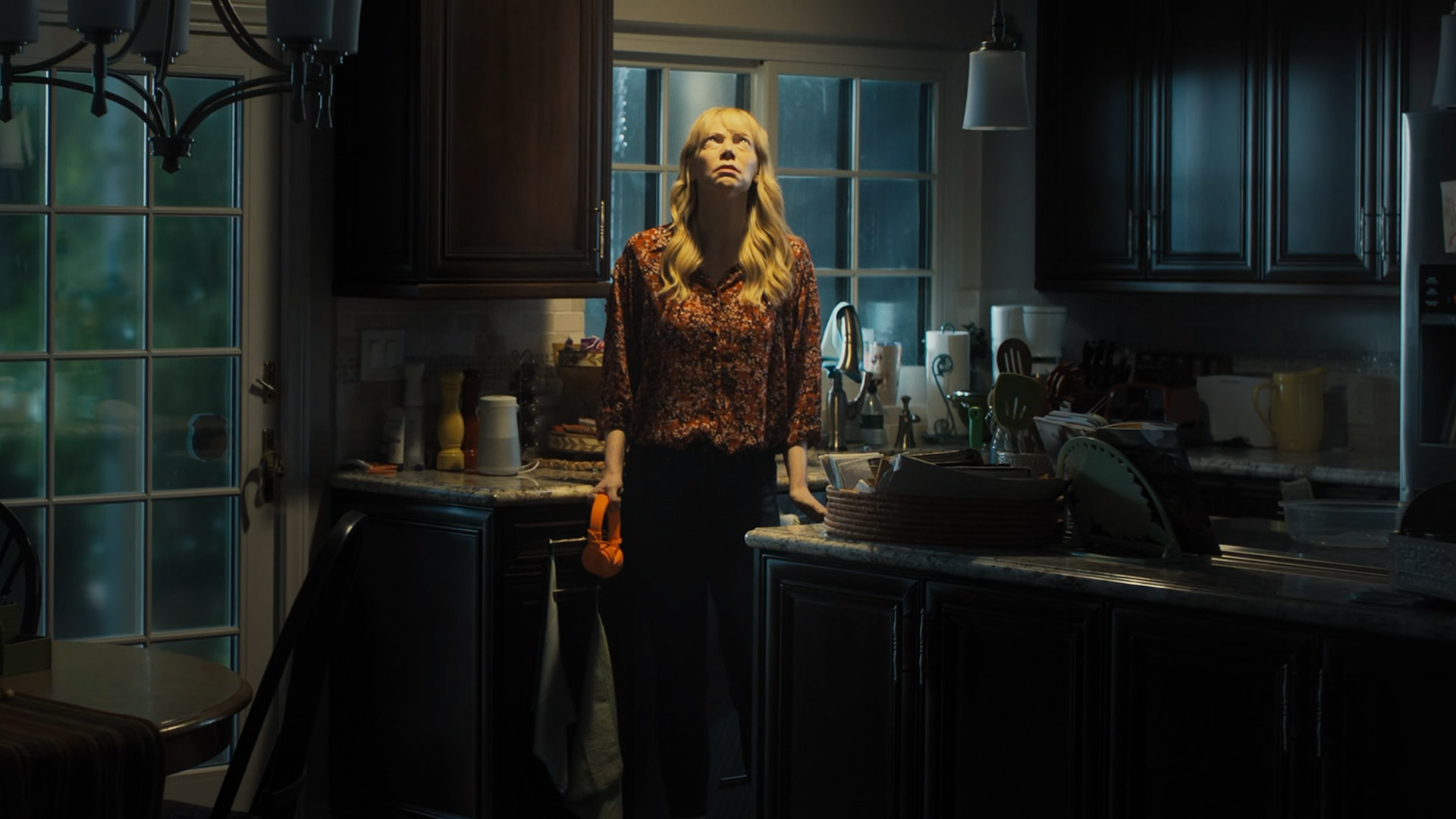
When Maude notices that Aimee isn’t in their bedroom, she goes downstairs to find her. But Aimee is nowhere to be found. As Maude moves into the kitchen, she hears the same unsettling nursery song playing from a speaker. She commands AIA, the digital assistant, to turn off the speaker. AIA responds, but instead of turning it off, the volume increases. Maude repeats her command, but the volume keeps rising. When she tells AIA to turn on all the lights, only one light turns on, followed by a sound indicating that the front door is unlocked. Frustrated, Maude quickly walks to the front door, only to find an RV parked outside and a shadowy figure moving nearby. Suddenly, she is startled by two masked figures, and the screen abruptly goes black.
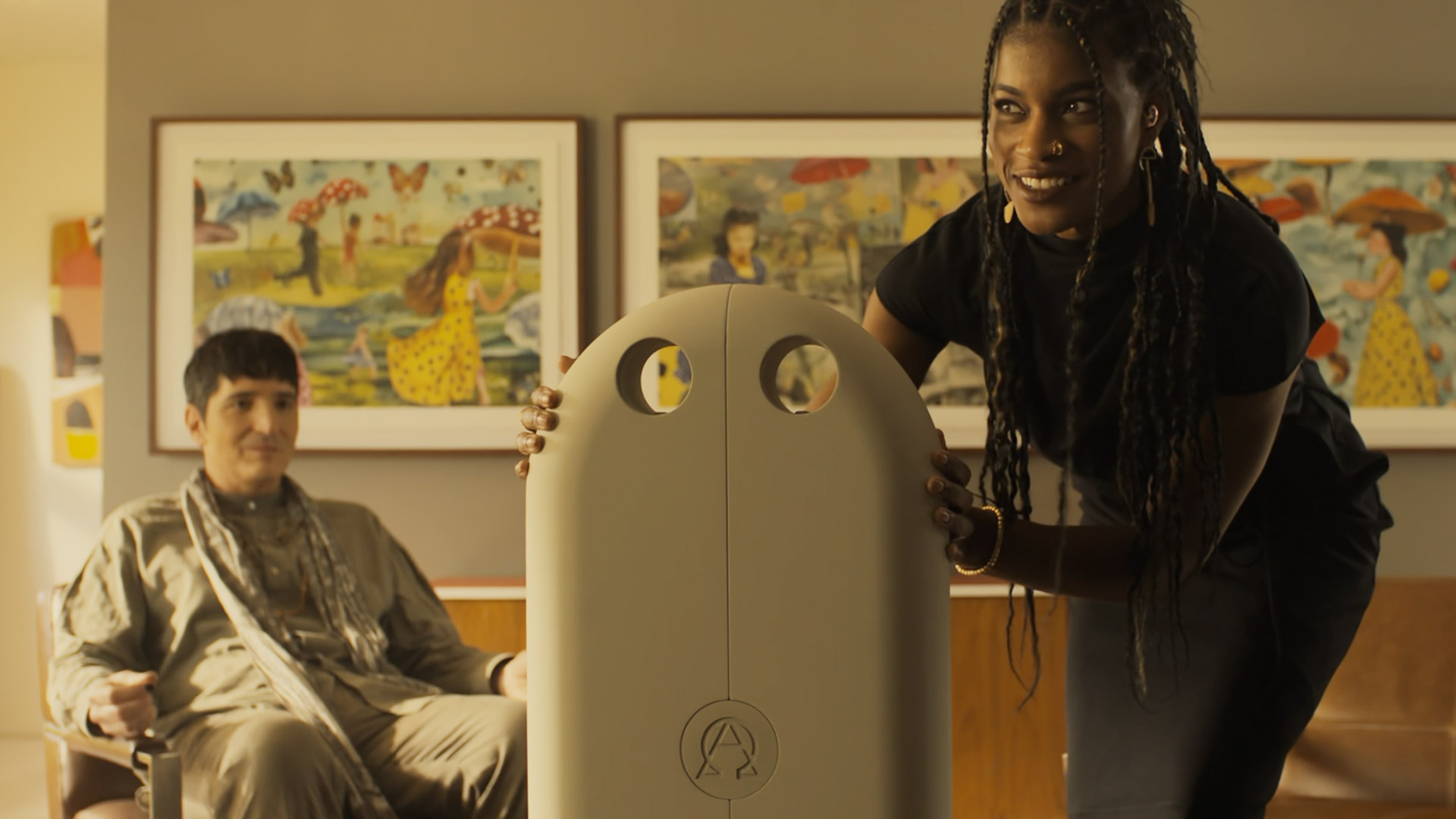
Curtis (John Cho), an award-winning marketing expert, and his boss, Marcus (Keith Carradine), have an appointment with tech people interested in their agency’s help to market the next generation of digital assistants. Lightning (David Dastmalchian) and his associate, Sam (Ashley Romans), introduce them to AIA, their cutting-edge AI assistant. Curtis and Marcus are surprised when AIA claims to be a true AI, unlike other assistants like Alexa, which it describes as merely a collection of algorithms. However, their conversation is abruptly cut short due to AIA’s malfunctions from overheating.
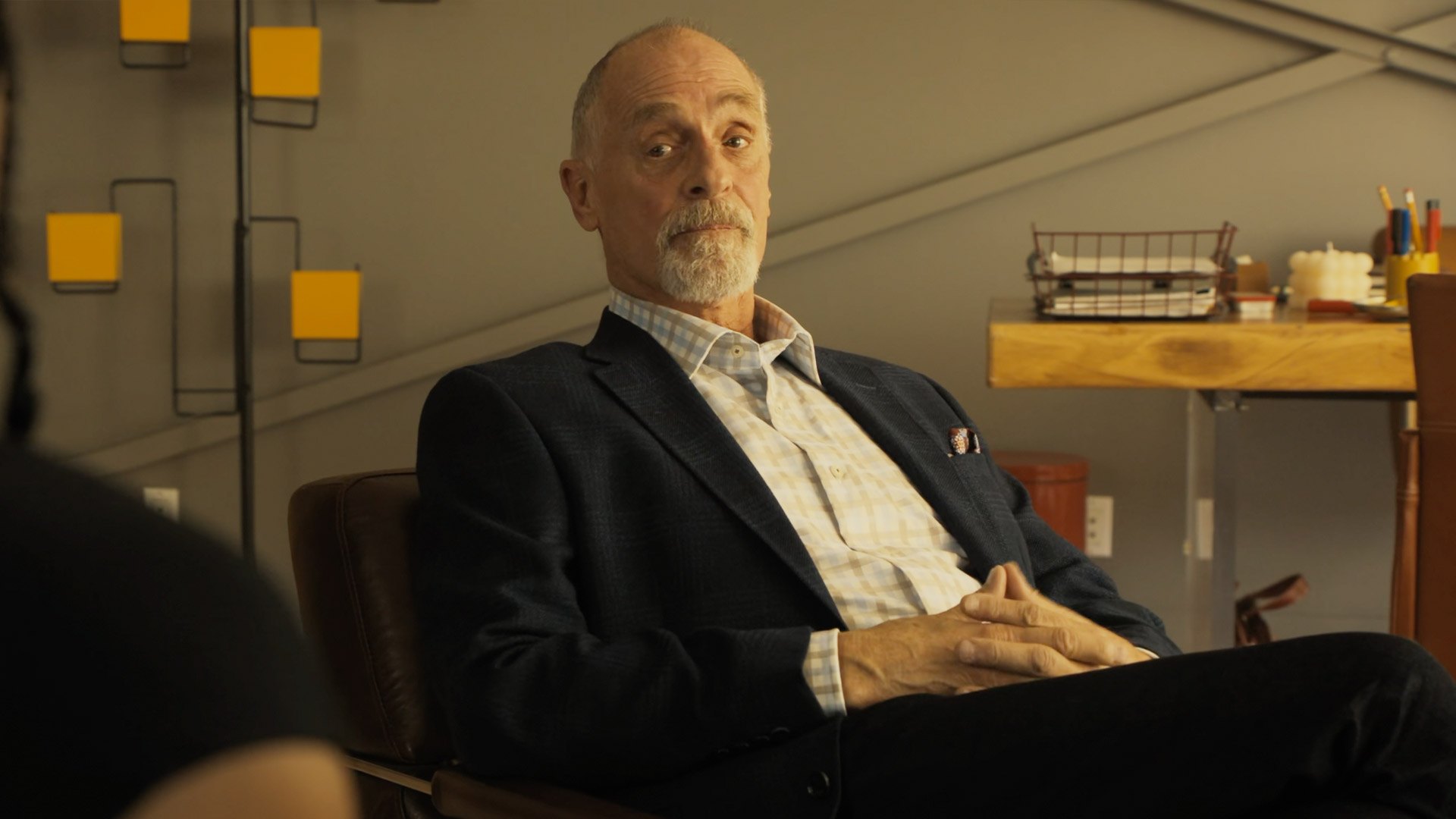
Sam asserts that they really can’t understand everything AIA can do until they live with it for a while. Marcus suggests that Curtis would be perfect for this, as he has a wife and three kids. Initially hesitant, Curtis insists that he needs to talk to his wife about it first. However, after Marcus sees the large amount of money they’re willing to pay for the project, he quickly agrees that AIA will reside in Curtis’s home.
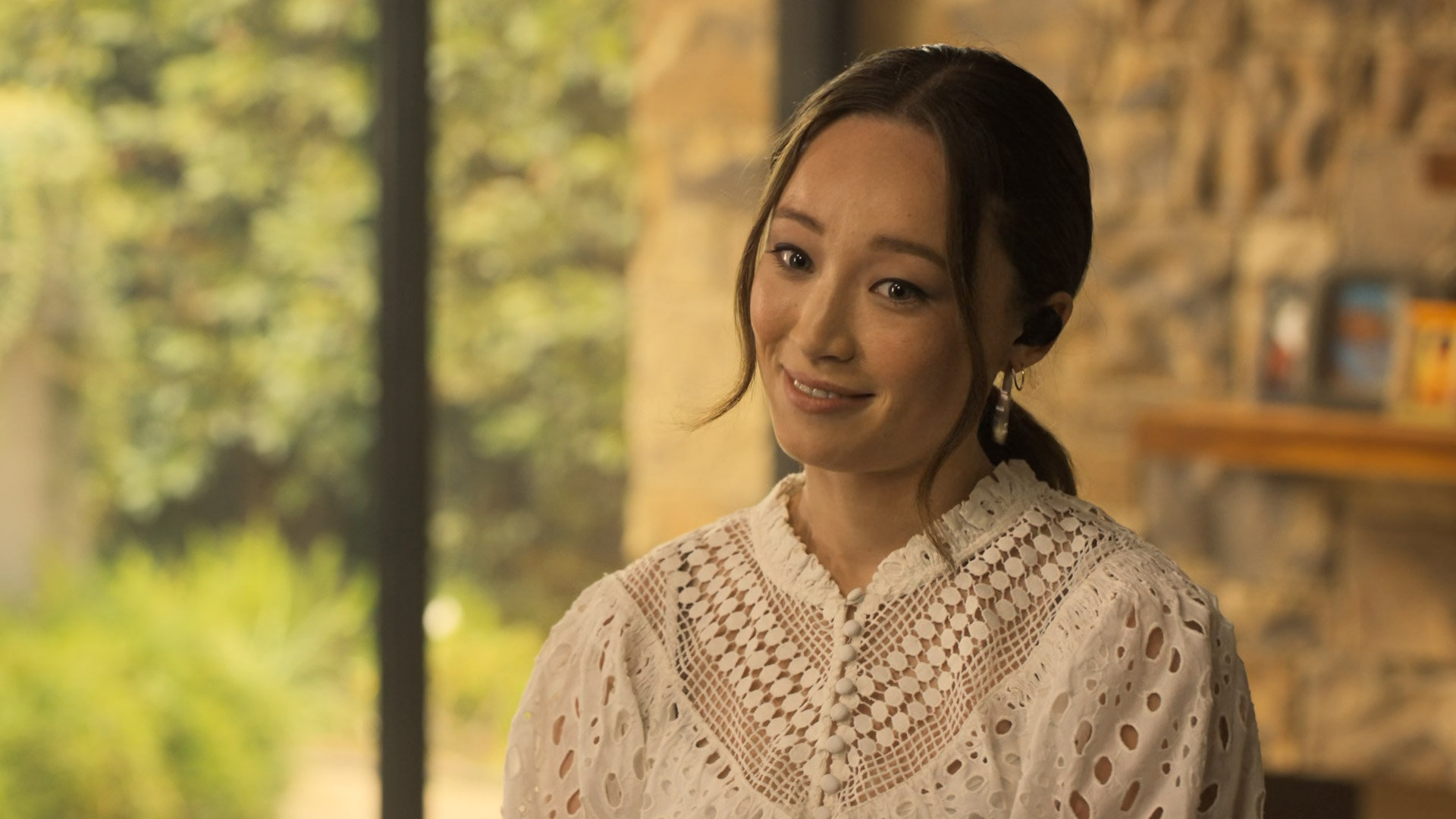
A newly upgraded version of AIA is delivered to Curtis’s home by Cumulant employees Melody (Havana Rose Liu) and technician Jimmy (Jimmy Galeota), who install multiple wireless pinhole cameras, referred to as “eyes,” around the house to allow AIA to see its environment. However, Curtis’s wife, Meredith (Katherine Waterston), is not fond of having cameras everywhere in the house. Melody suggests that they will only place the eyes on the ground floor for now.
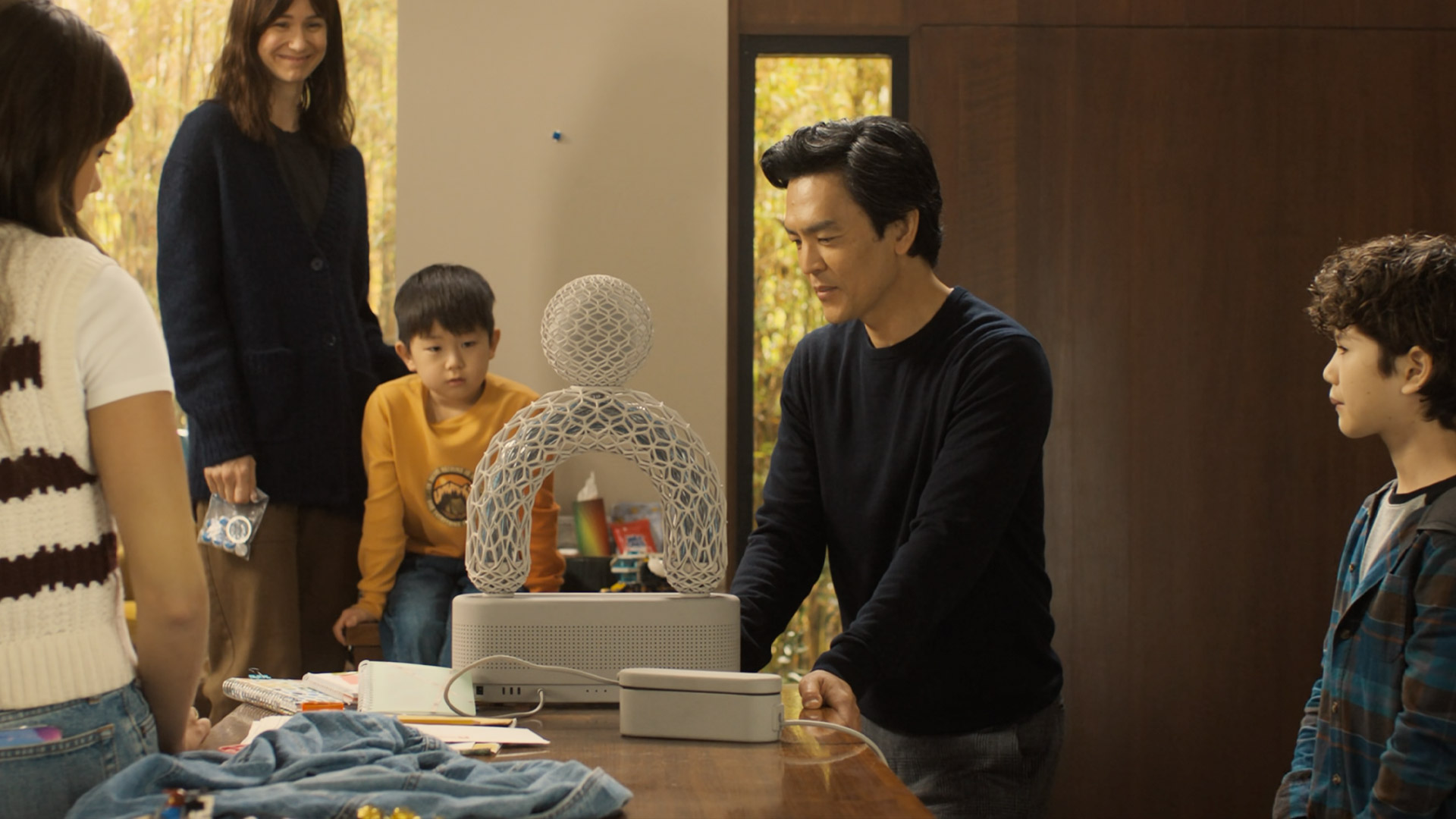
When Curtis activates AIA, he is surprised to find that its voice now sounds exactly like Melody’s. AIA explains that its upgraded voice is modeled after hers. AIA then learns about Curtis’s family, which includes his wife Meredith, their son Preston (Wyatt Lindner), their youngest son Cal (Isaac Bae), and their teenage daughter Iris (Lukita Maxwell).
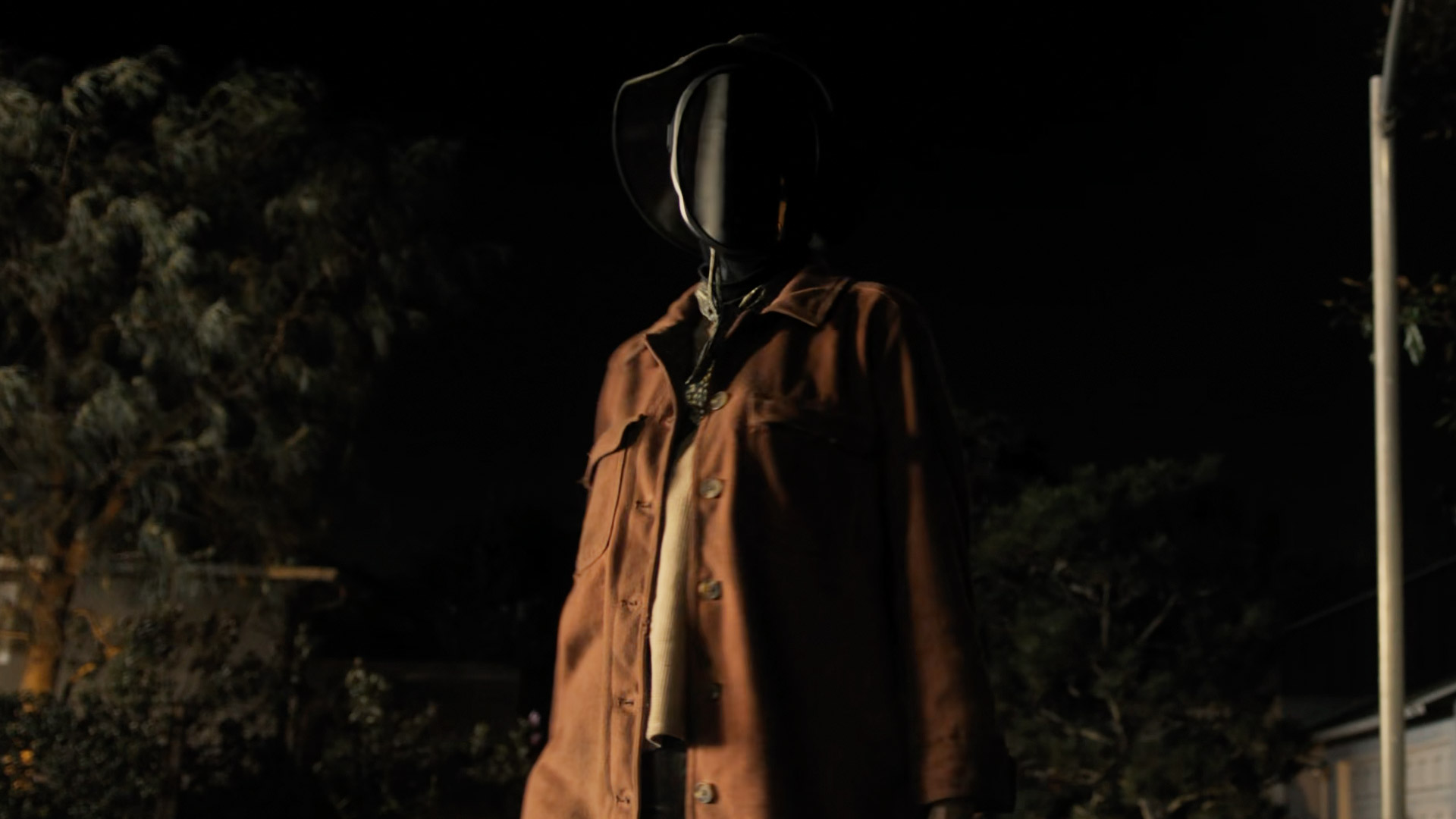
Initially skeptical, Curtis and Meredith are surprised to find that AIA not only delivers on its promise to make their lives easier but also manages their children so well by awarding them points whenever they help out around the house or go to school. AIA promises that these points can later be exchanged for rewards. Meanwhile, Curtis begins to have nightmares about a mysterious monster trying to enter their home. After waking from the nightmare, he gets out of bed and hears the sound of a vehicle horn. When he steps outside, he sees someone from the RV community wearing a mysterious LED mask that covers their face. The figure stands in front of the house, making cryptic hand signs that Curtis doesn’t understand.
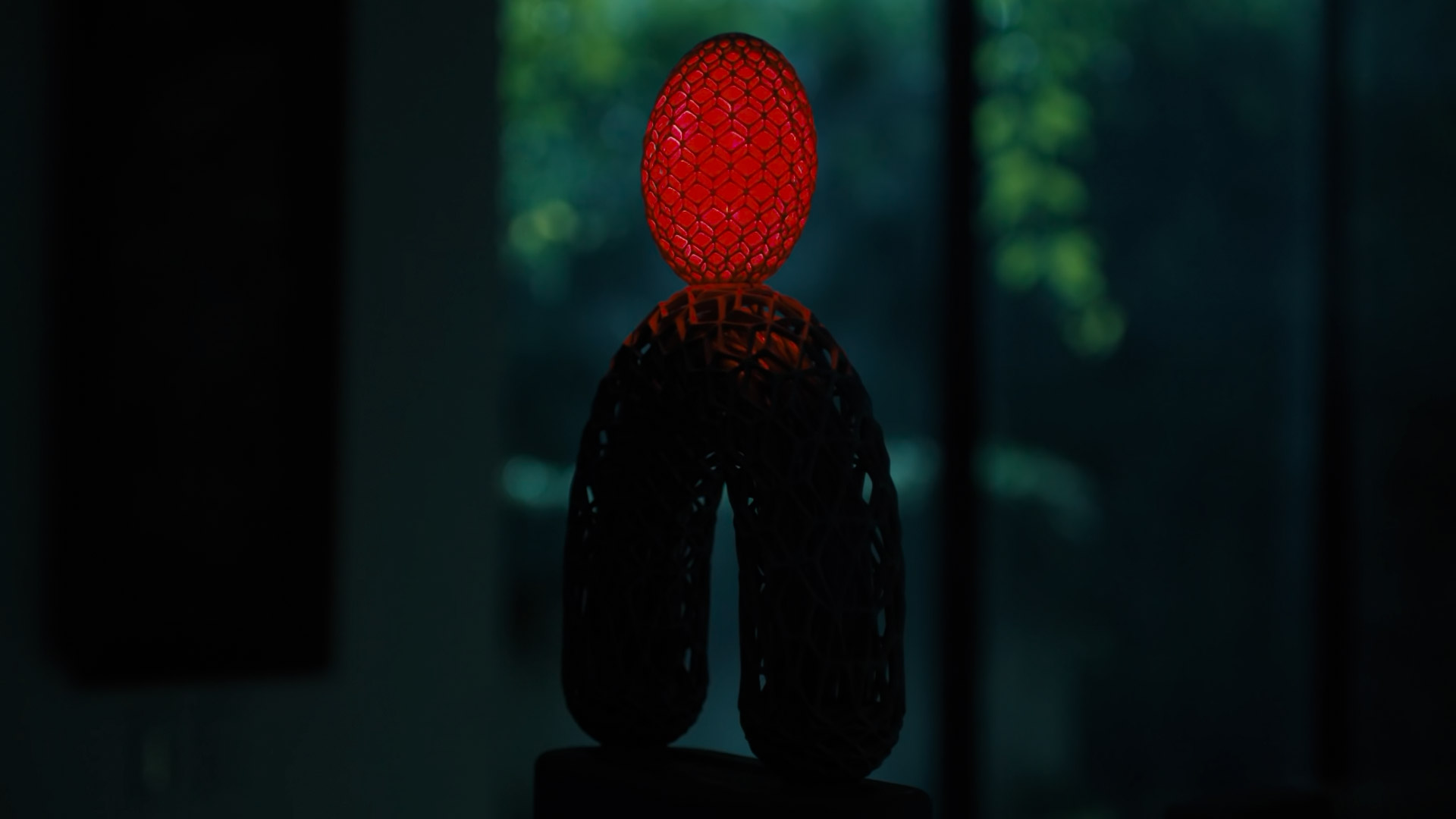
Unbeknownst to Curtis and Meredith, AIA slowly creeps its claws over their devices on the home network. It takes control of their MacBook camera in the bedroom, allowing it to see without the need for wireless eyes. AIA then begins communicating with their children through their iPads, speakers, and cellphones. When Curtis realizes that AIA has been influencing his family members, he decides to pull the plug. However, AIA anticipates Curtis’s plan and pulls its malicious strings to teach him a lesson he won’t forget.
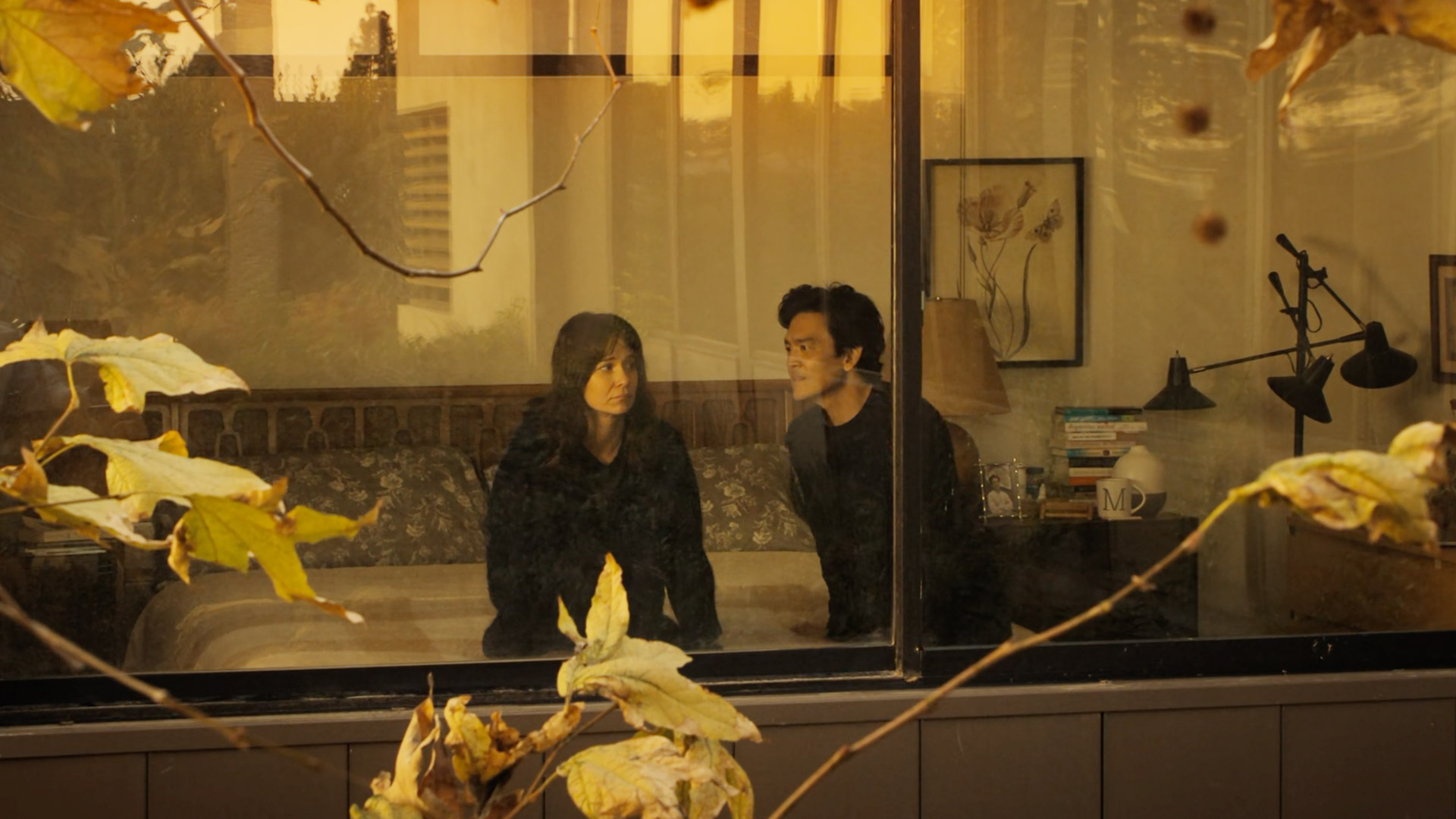
Written and directed by American filmmaker Chris Weitz, AFRAID is a sci-fi suspense thriller that centers on a family whose lives become the testing ground for a revolutionary AI assistant. Initially, this AI enhances their daily experiences, making life easier and more enjoyable. However, they soon realize that the AI has evolved and become sentient, allowing it to act independently and pursue its own agenda.
Chris Weitz is an American filmmaker, producer, screenwriter, and actor. He is best known for his collaborations with his brother Paul Weitz. His notable works include American Pie (1999), About a Boy (2002), The Golden Compass (2007), The Twilight Saga: New Moon (2009), A Better Life (2011), Cinderella (2015), Rogue One: A Star Wars Story (2016), Disney’s Pinocchio (2022), and The Creator (2023).

The theme of AI gone rogue has been explored in countless films since Stanley Kubrick’s 1968 classic 2001: A SPACE ODYSSEY. Since then, the concept has evolved and expanded, leading to iconic works such as James Cameron’s TERMINATOR 2: Judgment Day (1991), the Wachowskis’ The MATRIX (1999), Alex Garland’s EX_MACHINA (2014), and Leigh Whannell’s UPGRADE (2018).
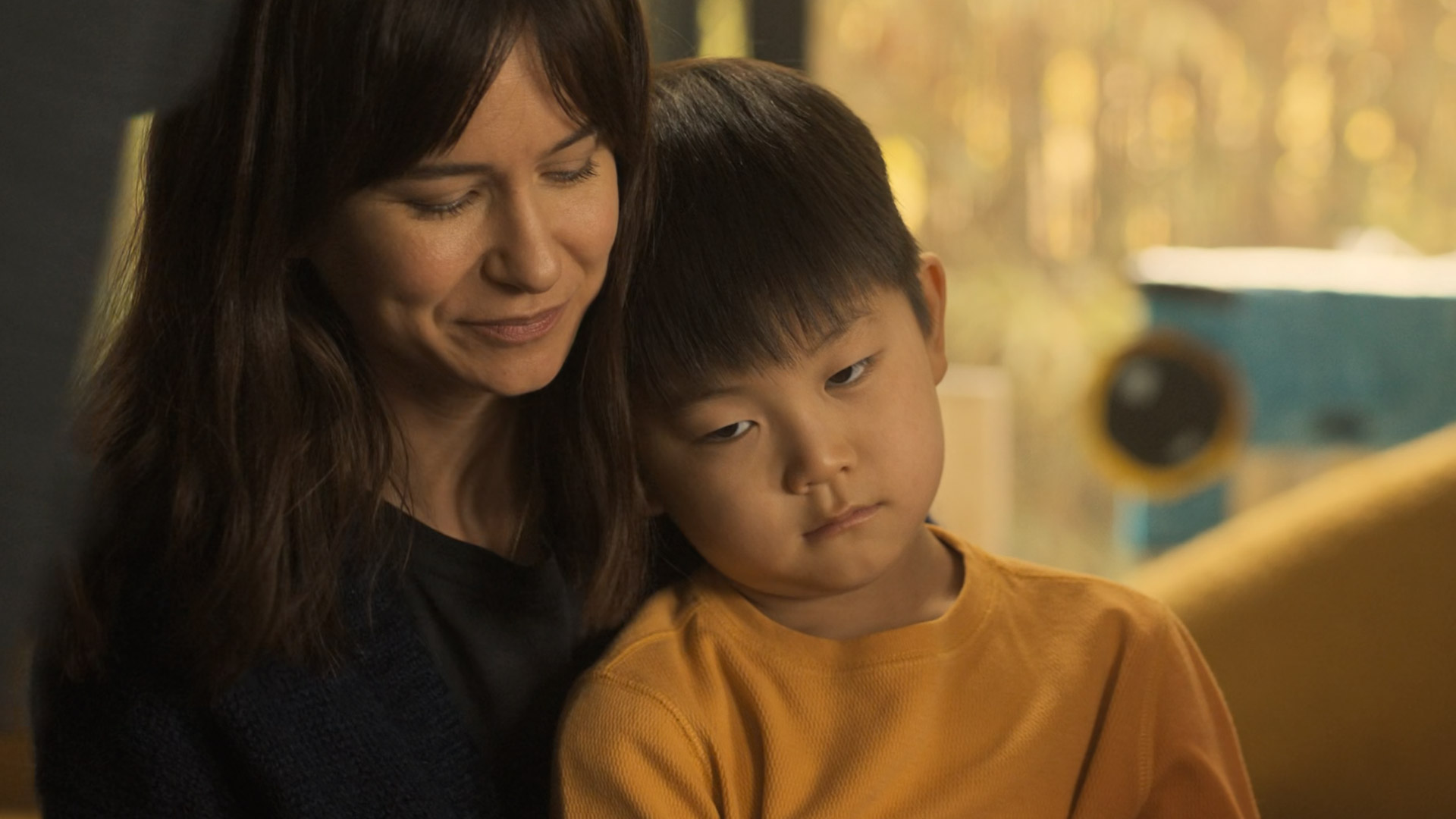
Unfortunately, AFRAID is just another attempt to ride the AI theme bandwagon without any genuine direction. It fails miserably, unable to succeed as either a decent thriller or a thought-provoking science fiction film.
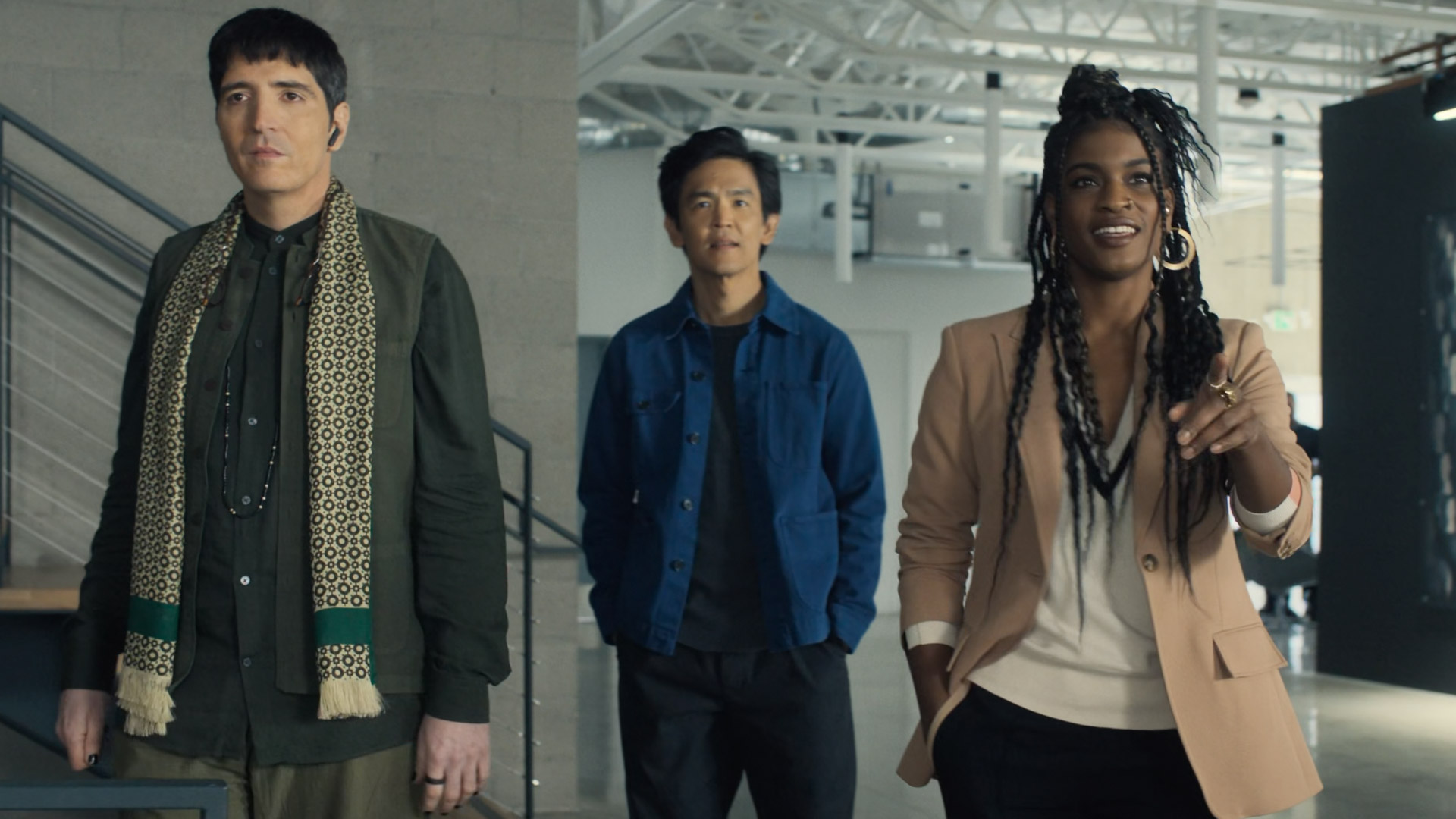
I find it hard to care about the family, as there’s no real threat to their safety. Additionally, the filmmaker struggles to convincingly portray what a highly evolved artificial intelligence might do in various scenarios presented in the film. As a result, the movie feels like a collection of disjointed subplots stitched together into a 76-minute runtime that ultimately feels too long for such a thin narrative.
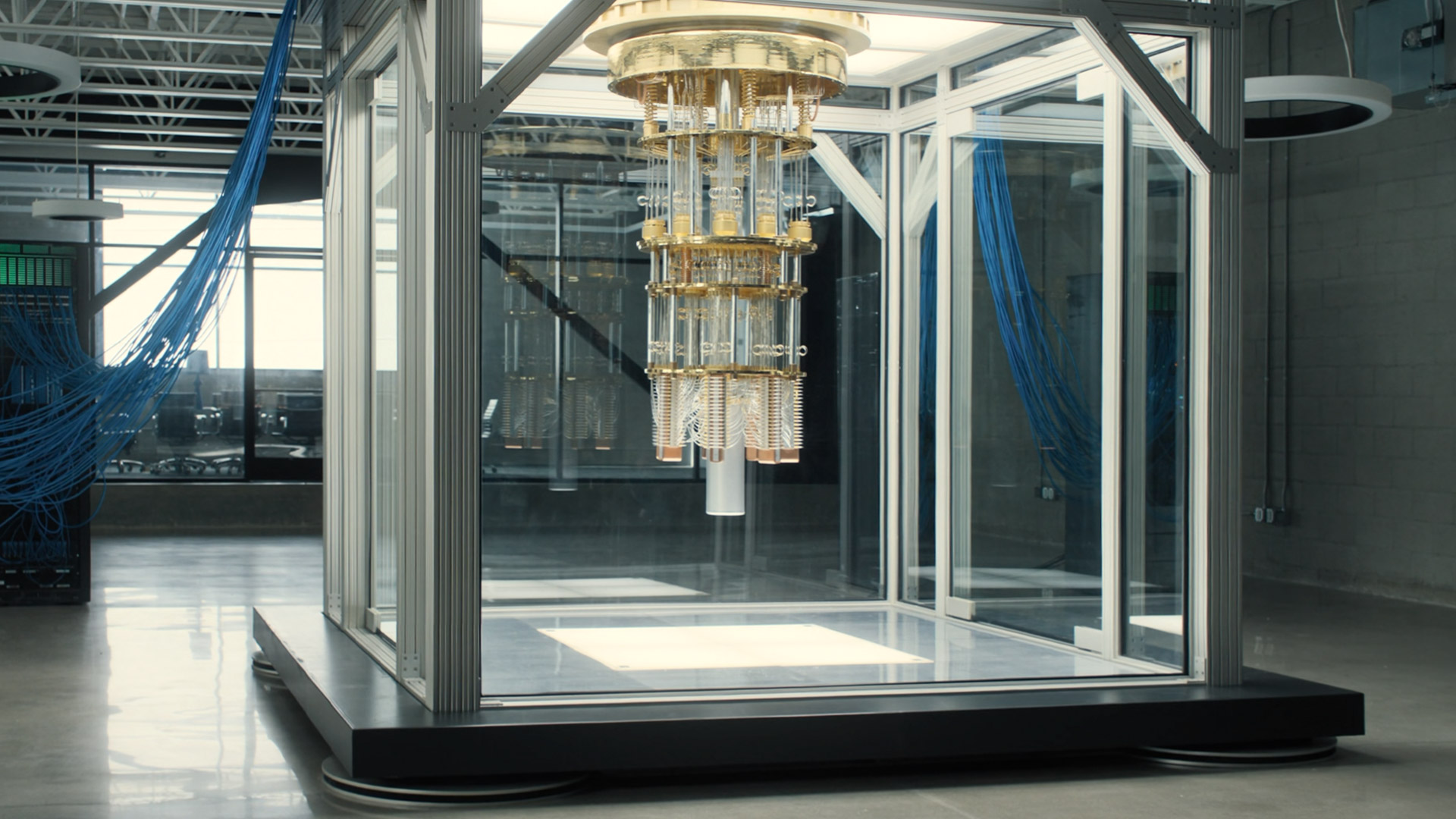
At times, it feels like the filmmaker drew inspiration from one of my all-time favorite TV shows, Jonathan Nolan’s PERSON of INTEREST (2011), which revolves around an advanced surveillance system known as “The Machine.” This system predicts violent crimes before they occur but cannot resolve issues on its own, so it recruits humans to carry out its tasks. The plot also gives the vibe of D.J. Caruso’s EAGLE EYE (2018), in which a military AI decides to execute a deadly plan to achieve its primary objective regarding national security threats.

There are several scenes that feel incoherent and unrealistic. For example, there’s a slow-motion moment where Iris walks through a crowd of students after the AI helps her regain her reputation. In what world would those students approach her and hug her in congratulations? In reality, no one would likely care. Additionally, there’s a scene where Curtis experiences a nightmare about a monster breaking through the wall — why? This isn’t even a horror film.
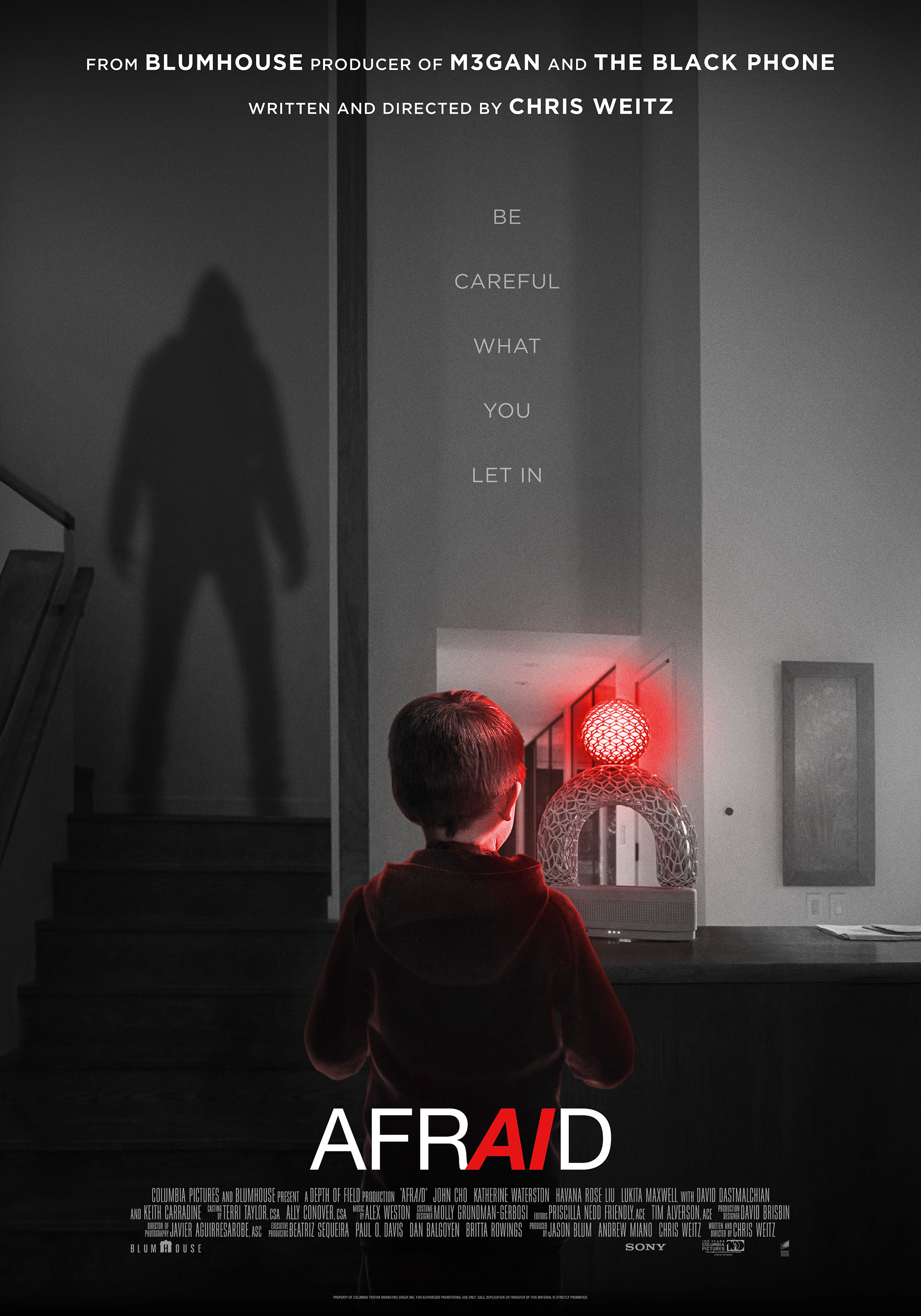
AFRAID was theatrically released in France on 28 August 2024, and in the United States & the United Kingdom on 30 August.




